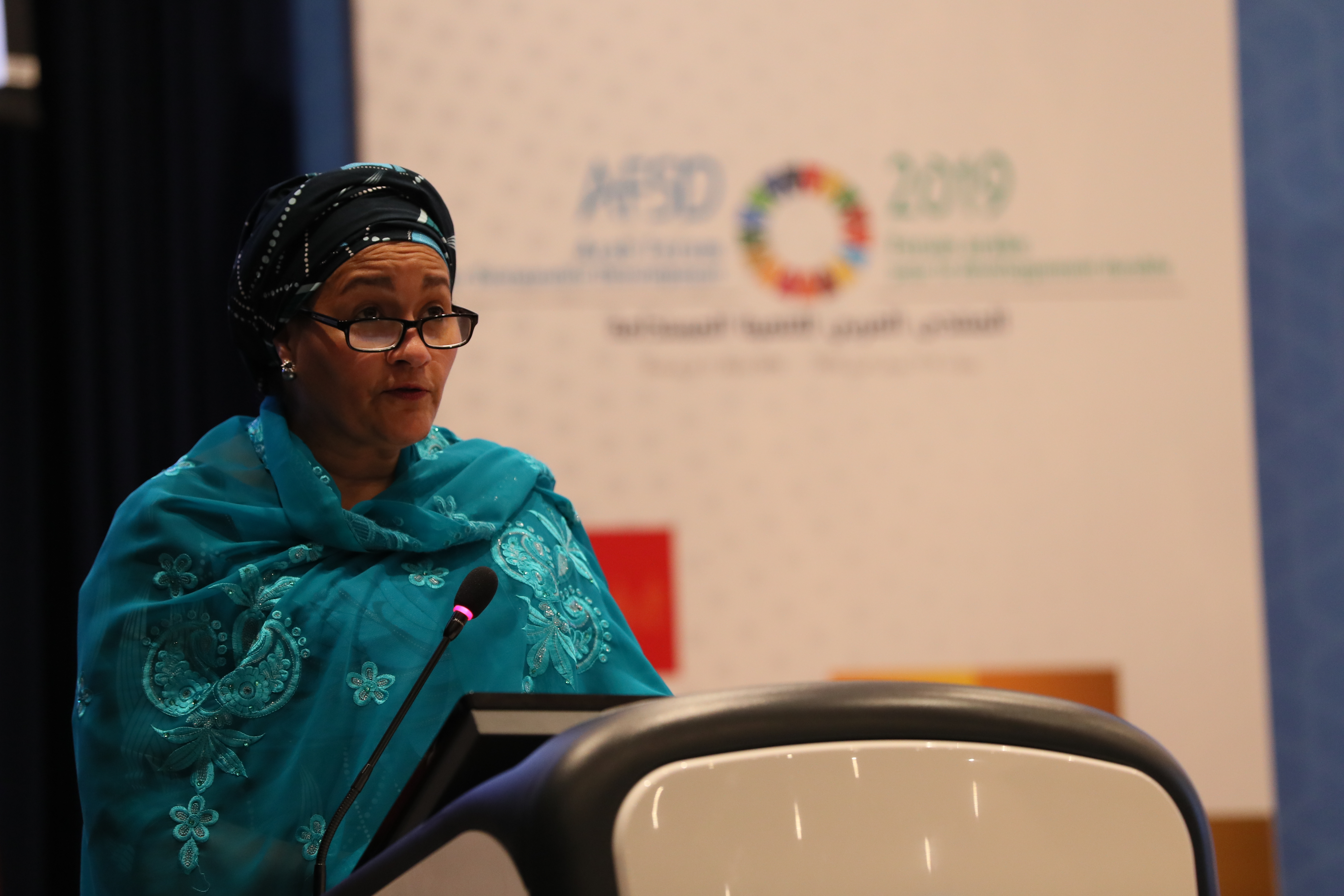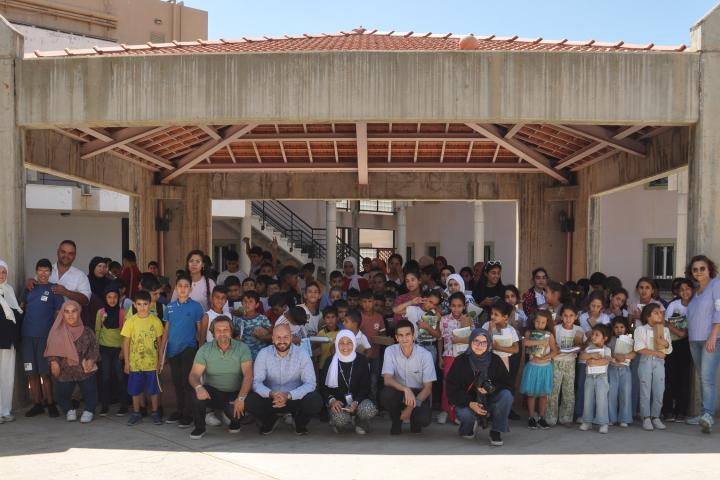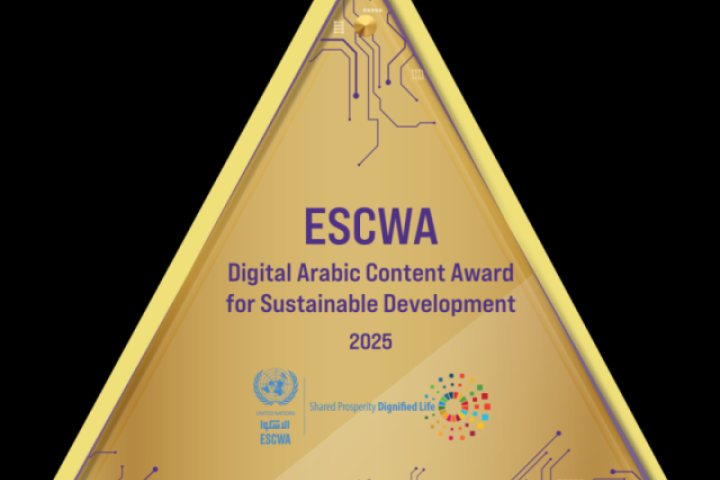Early April, the United Nations Economic and Social Commission for Western Asia (ESCWA) welcomed UN Deputy Secretary-General Amina Mohammed at its headquarters in Beirut for several high-level meetings, namely the Arab Forum for Sustainable Development (AFSD), with one key message at the core of them all: the 2030 Agenda goes beyond goals and way beyond 2030; it is about serving people – everywhere – and about leaving no one behind.
“We are not on track to deliver on the ambitions we set for ourselves,” the UN official said. “The data starting to emerge indicate that the world needs a significant step up in action and investment if we are to achieve the Sustainable Development Goals (SDGs),” she added.
Ms. Mohammed highlighted that youth, economic growth, vast financial resources, digital infrastructure, innovative technologies and active private sector in the Arab region all present boundless potential and opportunities.
During her visit, Ms. Mohammed also opened the Regional Coordination Mechanism (RCM) where she called for a transformation of the organization to empower those furthest behind. The RCM was established in 1998 to hold "regular interagency meetings in each of the five regions (Africa, Asia-Pacific, Europe, Latin America & Caribbean and Western Asia) with a view to improving coordination among the work programmes of the organizations of the United Nations system in each region".
Ms. Mohammed also met with Lebanese President, House Speaker, and Prime Minister, reiterating the UN support to Lebanon. She stressed that the Agenda 2030 is possible despite all conflicts and displacements affecting the Arab region, and that the UN is dealing with them in a realistic way.
The UN Deputy Chief also met with regional resident coordinators and members of the UN Country Team in Lebanon as well as UN staff members and highlighted the Secretary-General wide-ranging reform while promising more cohesive, effective and accountable UN Country Teams.
“The clock is ticking on the 2030 Agenda, and the true test of our reforms will be results in each country. It is our collective responsibility to show greater urgency and to act now. I know that we have both the energy and the leadership in this conference room to make it happen,” she concluded in her address to AFSD audience.
The Deputy Secretary-General wrapped up her visit with a press briefing during which she answered queries from several media representatives on pressing issues.
For more information
-Nabil Abu-Dargham, Head, ESCWA Communication and Information Unit,
+961-70-993-144; email: dargham@un.org
Ms Rania Harb, Public Information Assistant, +961-70-008-879; email: harb1@un.org




